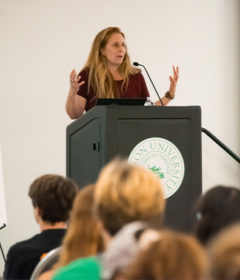Jason Evans to Discuss Problems, Solutions for ‘State of Watery Peril’
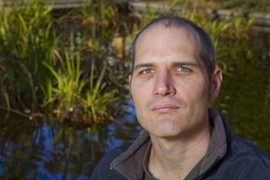
Jason Evans, Ph.D., associate professor of environmental science and studies at Stetson University, will be discussing ways to conserve Florida’s fresh water supply in his keynote presentation “Reclaiming the Future: Science, Engagement and Hope in our State of Watery Peril” during the Volusia Water Alliance’s annual Fall Symposium, on Friday, Oct. 26, in DeLand.
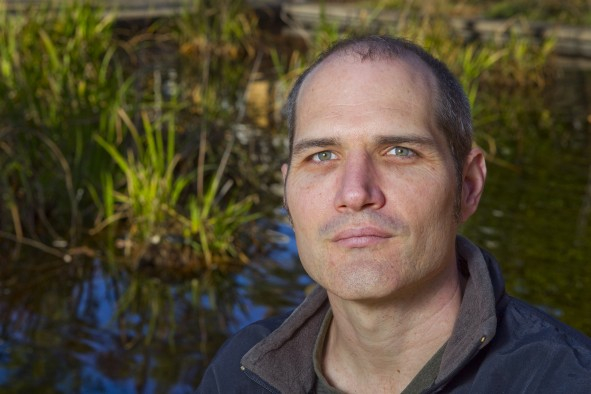
Evans’ research explores the causes and solutions for Florida’s water crisis, including water quality, which has been affected by nutrient contamination associated with urban and agricultural land uses. By reducing the amount of nutrient exposure in the environment, the damage within the impacted ecosystems can be repaired.
In other instances, Florida has too much water as a result of flooding during severe weather occurrences. The long-term and severe consequences from natural disasters are worrisome matters for the Sunshine State.
“While flooding has been a part of the Florida environment for a long time, human impacts such as climate change, wetland destruction and the creation of large amounts of impervious cover like roads, buildings and pavement are creating new flooding challenges,” explained Evans, who is also faculty director of the Institute for Water and Environmental Resilience at Stetson University.
“Sea-level rise, which is accelerating due to climate change, is a particularly daunting factor that has already increased flood risks in most of our coastal areas,” said Evans. “We expect that these flood risks from sea-level rise will become more challenging and difficult over the next several decades. Recent experiences with flooding caused by very large and powerful storms like Hurricanes Matthew, Irma and Michael are also quite consistent with our longtime expectation that global warming is likely to bring larger and stronger hurricanes.”
Another issue is the depletion of fresh water resources. The water flow reduction of springs, lowered lake levels and saltwater intrusion in groundwater resources are all symptoms of overused fresh water. Lawn and yard irrigation can account for 40 to 50 percent of the fresh water used in public water systems. Using less water when watering the lawn can reduce the amount of water withdrawn from ground and surface water sources.
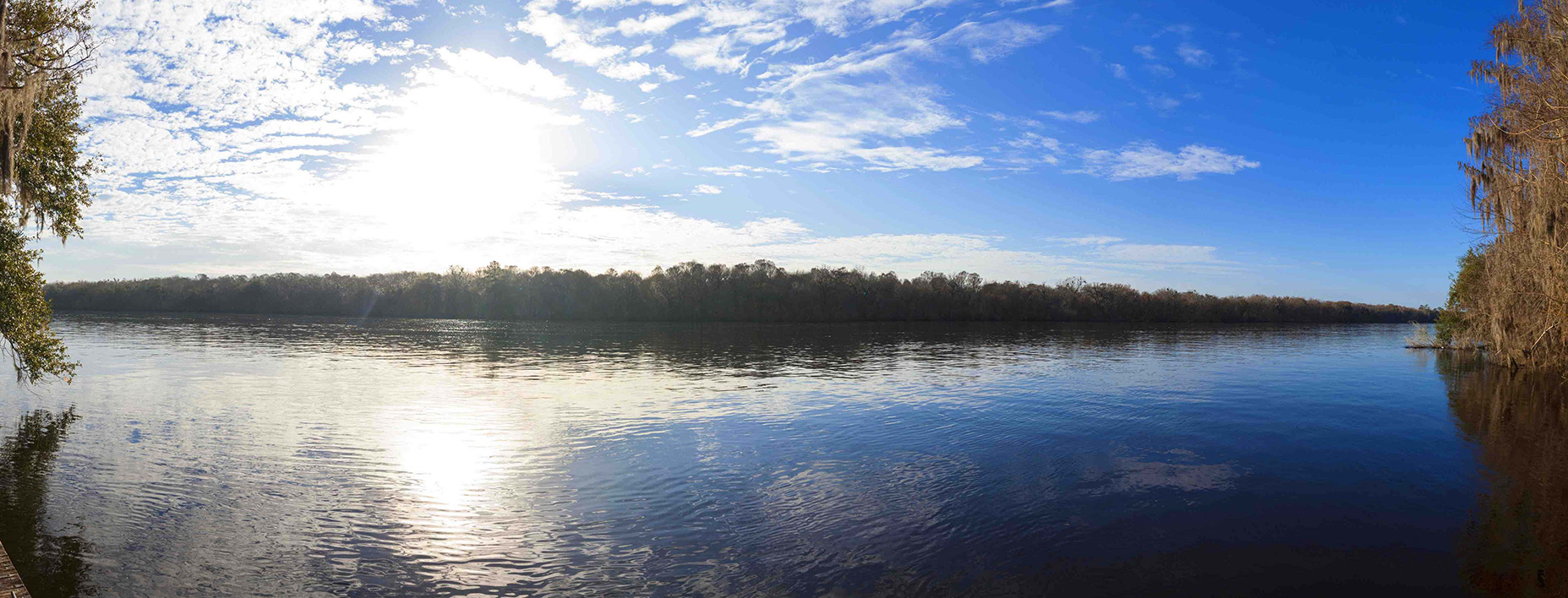
The Institute for Water and Environmental Resilience focuses on water and environmental research and uses innovative approaches for tackling complex challenges and offering policy options for protecting natural resources throughout Florida. The university’s institute has joined forces with the Volusia Water Alliance to expand its sustainable mission and vision for protecting the county’s water sources.
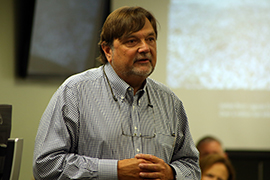
For the past three years, the Volusia Water Alliance has been educating the community about water conservation during its free, annual symposiums. The public is invited to attend the 2018 Fall Symposium — The State of Our Water on Friday, Oct. 26, 9 a.m.-4 p.m. at the Wayne G. Sanborn Activity and Event Center in DeLand. The coalition’s purpose is to bring widespread awareness about water issues and it hopes the water symposiums will make a difference in replenishing and sustaining Florida’s water supply.
“Water is vitally important to our quality of life in West Volusia County,” said Clay Henderson, executive director of the Institute for Water and Environmental Resilience. “The water symposium is an opportunity to bring together thought leaders and researchers to educate the public about the important and complex water issues that our state is facing. Water touches everything in Florida and the issues must be addressed holistically.”
-Sandra Carr

